
Top UK Tech Startup Founders: Our Must-Follow List (2025)
When it comes to UK tech startups, the UK has quietly but confidently built one of the most exciting startup scenes in the world. Behind the breakthroughs in AI, fintech, healthtech, and sustainability are a group of sharp, focused founders driving real impact. This list isn’t about hype—it’s about people building tools that work, solve actual problems, and are shaping the future of tech in meaningful ways.
1. Rishi Khosla—OakNorth
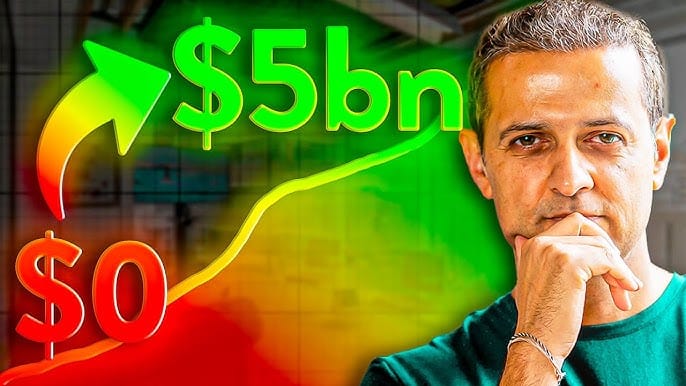
Rishi Khosla isn’t your typical fintech founder chasing trends—he’s a strategist who plays the long game. As the co-founder of OakNorth, a digital bank focused on lending to scale-ups and mid-sized businesses, he’s built a rare thing in UK banking: a tech-driven platform that understands business nuance.
While traditional banks stick to rigid rules, OakNorth’s credit intelligence system adds a layer of insight that’s much closer to how real entrepreneurs operate. So, here’s what’s up for 2025: the company’s rolling out its software for old-school banks overseas. Not exactly making a ton of noise about it, but honestly? That’s a sneaky genius play.
Khosla’s got this laser-focus thing going on. He’s not chasing hype or trying to slap his logo on everything—he’s fixing the boring, behind-the-scenes stuff nobody’s bothered with in ages. No glitzy launches. No drama. Just quietly closing a gap that’s been wide open forever while everyone else is busy tweeting.
2. Victor Riparbelli—Synthesia
Victor didn’t just hop on the AI bandwagon—man, he’s out here laying the tracks for the whole thing. As Synthesia’s co-founder and CEO, he’s steering one of Europe’s loudest, buzziest generative AI startups. Their main gig? Letting you whip up slick videos with digital avatars, so you can skip the whole filming nightmare.
This year, they’re going all-in on business stuff—think new hire how-tos, staff training, and demo videos in 12 languages. But Victor’s not just stacking more bells and whistles. He’s right in the thick of the conversation about how to make sure this AI wave doesn’t go off the rails ethically.
What sets him apart? He’s not here to kick human creativity to the curb. The guy’s building superpowers for creators, not replacements. While everyone’s panicking about deepfakes, Victor’s out here proving you can push the limits and still keep your conscience intact.
Read Also: Apple Watch and AI Meeting Notes
3. Tessa Clarke—OLIO
Tessa’s a unicorn—one of the only startup founders making a dent in climate issues with something people, you know, actually use. OLIO’s her brainchild: a food-sharing app that feels more like a grassroots movement than a stuffy nonprofit. Neighbors and shops link up, swap extra grub, and suddenly, less food’s hitting the trash heap, and communities get tighter.
2025? OLIO is teaming up with more businesses and rolling out smarter rescue tools to save food on a bigger scale. But the heart of it? Same as ever. Tiny efforts, repeated by a ton of people, are stacking up to make a real dent in the waste problem.
Tessa’s got that rare combo—she dreams big but gets stuff done. She’s not just running an app—she’s changing habits. And in the slow-moving world of sustainability, that kind of user-first momentum is rare and powerful.
4. Will Donnelly—Lottie
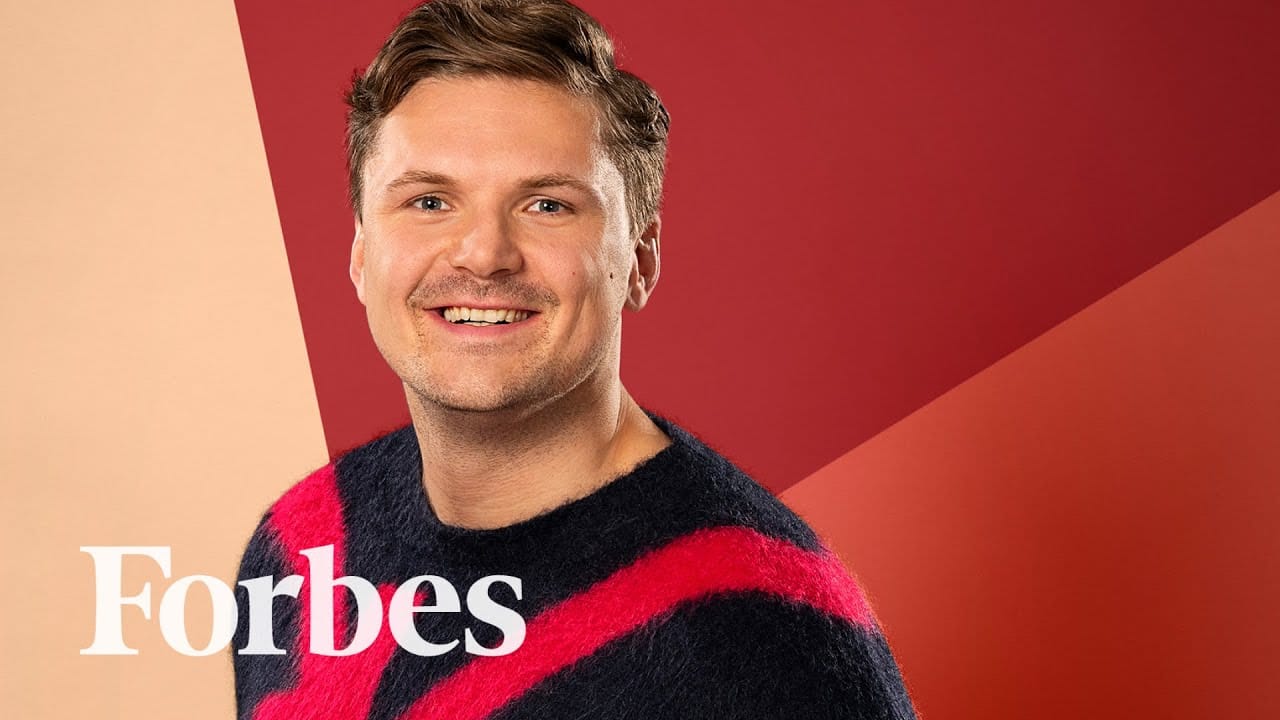
Will Donnelly didn’t set out to disrupt elder care with glossy tech. He started Lottie because he saw firsthand how broken the process of finding care homes can be. What began as a simple search platform has evolved into one of the most impactful healthtech companies in the UK.
Lottie now offers tools for in-home care, user reviews, pricing transparency, and even well-being services for seniors. In 2025, it’s working with NHS trusts and private care providers to bring digital efficiency into a sector that desperately needs it.
Donnelly’s strength is empathy—he builds for real families facing real decisions. Dude’s got business chops for days—he’s flipped an old-school, totally offline thing into something smart and digital that people want to use. Shows you can have a heart and still build something huge with tech.
5. Christopher Doman—Cado Security
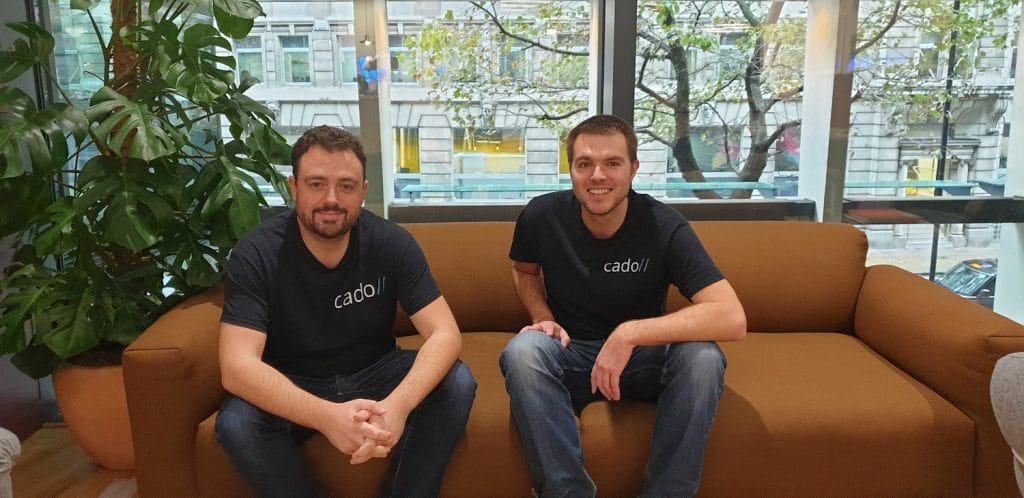
Christopher Doman isn’t trying to reinvent cybersecurity for the headlines—he’s trying to make it work better in the cloud-first world we’re in now. As co-founder and CTO of Cado Security, he’s behind one of the most advanced cloud incident response platforms on the market.
Cado’s tools help teams detect, investigate, and respond to threats across AWS, Azure, and hybrid environments. In 2025, with cloud attacks getting more sophisticated, Doman’s expertise is becoming essential to major enterprises and government agencies.
Look, the guy’s not just some tech bro waving buzzwords around. He’s got street cred. Before Cado was even a thing, he was deep in the trenches, hacking away at open-source threat intel projects people respect. He gets that security isn’t just about being Fort Knox—it’s got to be quick, smart, and play nice with everything else. That’s the vibe he’s bringing to the table.
Read Also: Baddie Aesthetic 101
6. Katerina Spranger—Oxford Heartbeat
Dr. Katerina Spranger? She’s kind of a big deal. She’s got the brains—seriously, Oxford-level brains—but she’s not just stuck in academia. She’s out here tackling real-world problems. With Oxford Heartbeat, she’s steering one of Europe’s hottest healthtech startups. Their AI-powered software? It’s making heart surgery way less of a gamble for surgeons. Like, fewer “oops” moments, more precision, less mess.
Her tech’s already running in some of the UK’s top hospitals. And next year? It’s spreading its wings globally. The bottom line: doctors move quicker, screw up less, and patients get out of the hospital in better shape. Not bad, huh?
What makes her different is that she’s not just building to impress investors. With a background in both biomedical engineering and computer science, Spranger has built a product that doctors want to use. And in healthtech, that’s the real milestone.
7. Alex Kendall—Wayve
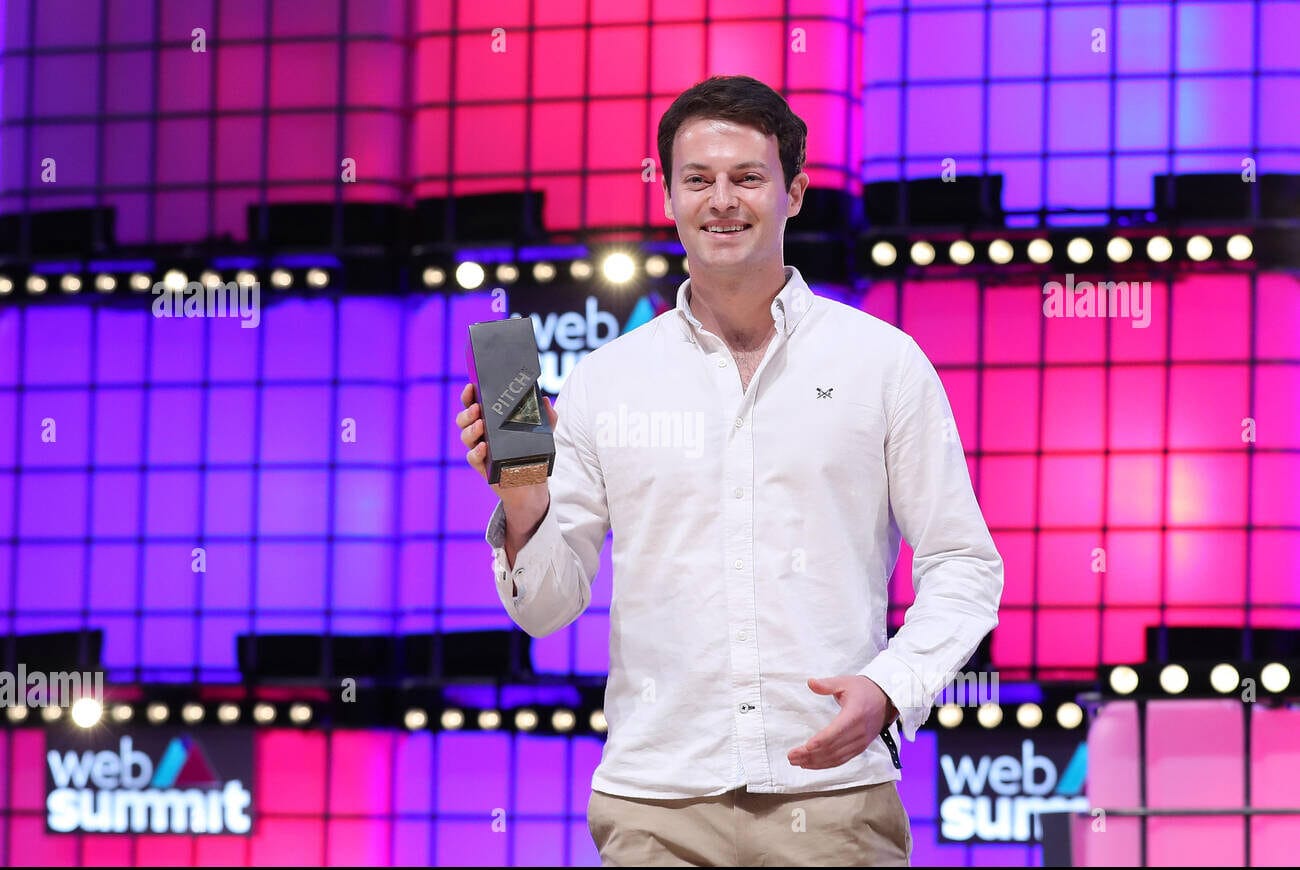
You want to talk about guts? Alex Kendall’s got ’em. The dude is knee-deep in one of tech’s wildest headaches: real self-driving cars. But here’s the kicker—Wayve, his brainchild, isn’t wasting time mapping every pothole or coding for every “what if” on the road. Nah, they’re going the “teach the car to learn” route. Think less rulebook, more street smarts, kinda like how you learned to drive after a few scraped bumpers and some colorful language.
Fast-forward to 2025, and their AI whips are already rolling around the UK, not just playing catch-up but looking pretty sharp. Big-name automakers and logistics giants are knocking on their door—so clearly, this software-first thing isn’t just a pipe dream; it’s making money moves.
And Alex? The guy’s not out here doing TED Talk hype sessions. He’s just quietly dropping results. He’s got a PhD in robotics (so, not exactly a slouch), but more importantly, he’s not building for some Silicon Valley utopia. He’s thinking real-world chaos—London, rain, honking, dodgy roundabouts, and all. That’s where you find out if your tech is fake or the real deal.
8. Ramy Shelbaya—Humaans
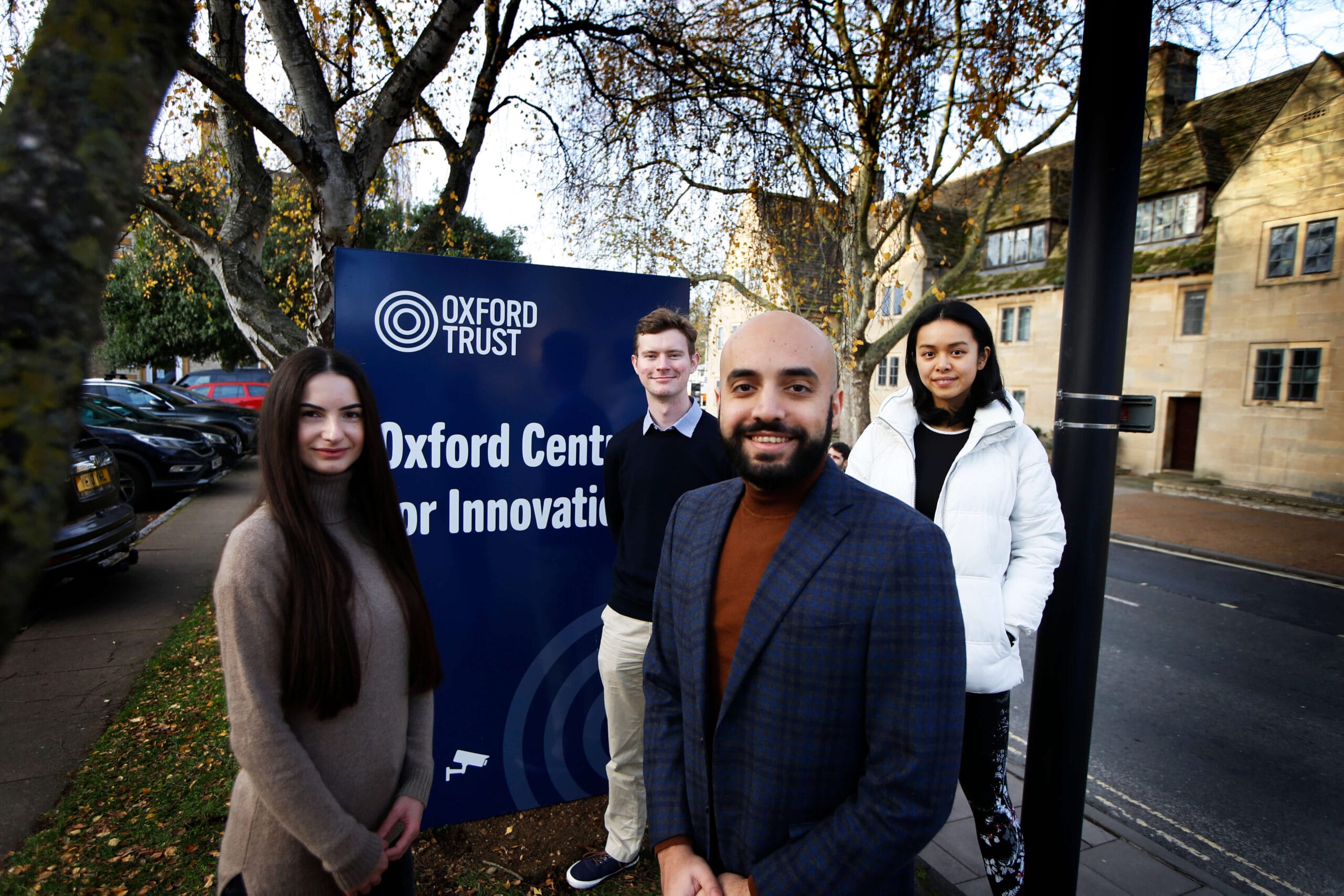
Ramy Shelbaya is bringing sanity to the chaotic world of HR software. As co-founder and CEO of Humaans, he’s building tools that fast-scaling startups and international teams actually like using. The platform makes onboarding, employee records, and compliance simpler—without burying teams in clicks.
In 2025, Humaans is going beyond startups and targeting mid-market and enterprise clients. Its clean API-first architecture means it plugs into the rest of a company’s tech stack seamlessly.
Shelbaya’s approach is product-first but deeply human. He knows HR is about more than forms and checklists—it’s about creating systems that support culture, not fight it. And with remote and hybrid work now the norm, Humaans feels more relevant than ever.
Read Also: Best CRM for Small Business
9. Shelley Copsey—FYLD
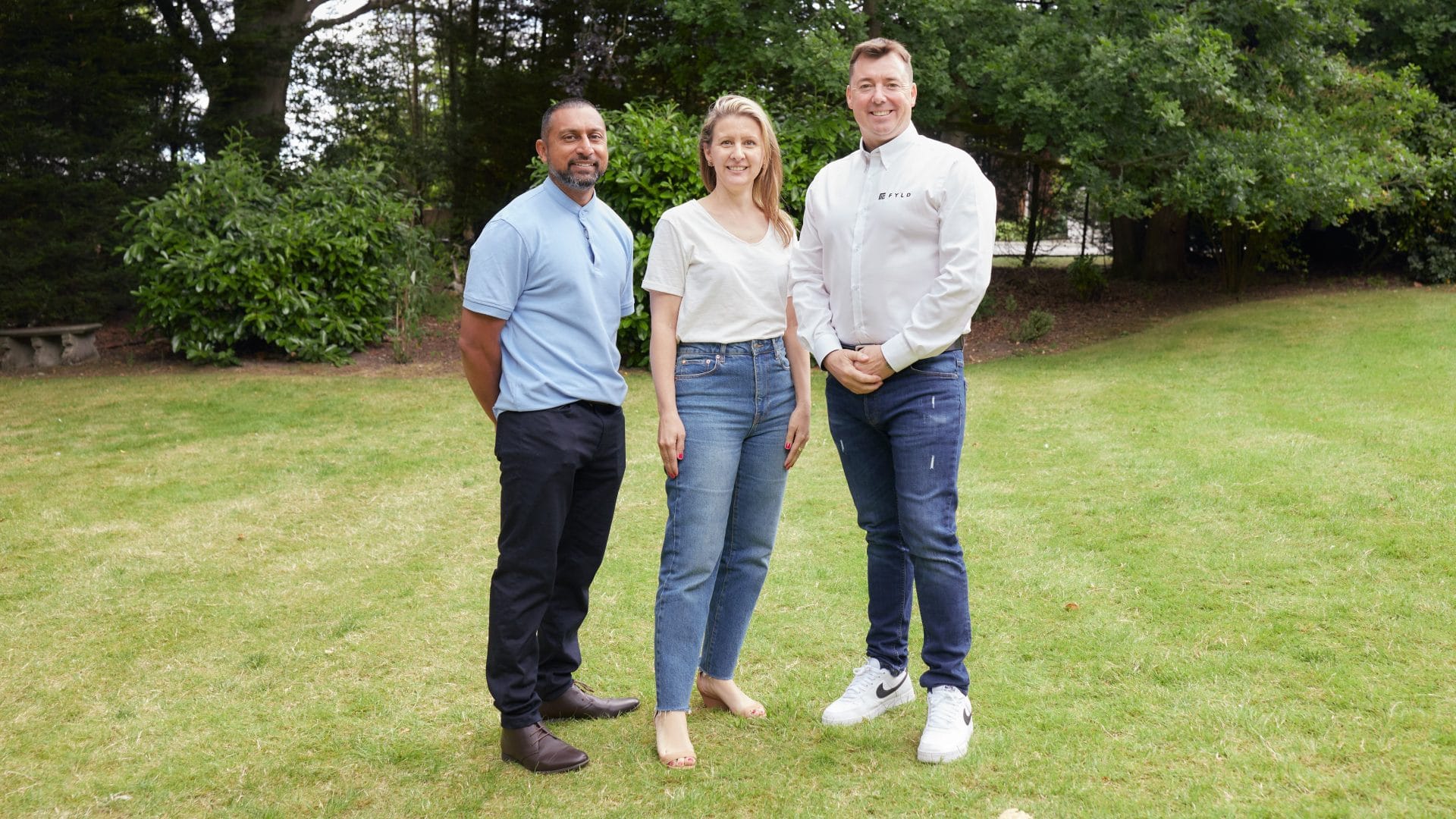
Shelley Copsey isn’t building for tech conferences—she’s building for people on the ground. As CEO of FYLD, she’s leading the charge in bringing AI and operational intelligence to industries like utilities, construction, and logistics.
FYLD helps field teams make better, safer decisions by digitizing their workflows in real-time. In 2025, it’s rolling out across major UK infrastructure projects and seeing solid ROI where it counts: fewer accidents, faster jobs, and better resource allocation.
Copsey’s leadership is pragmatic. She’s not here for buzzwords—she’s here to solve operational problems that most startups overlook. Her success proves there’s still massive opportunity in “old-world” industries if you bring them the right tech.
10. Christian Lanng—Beyond Work
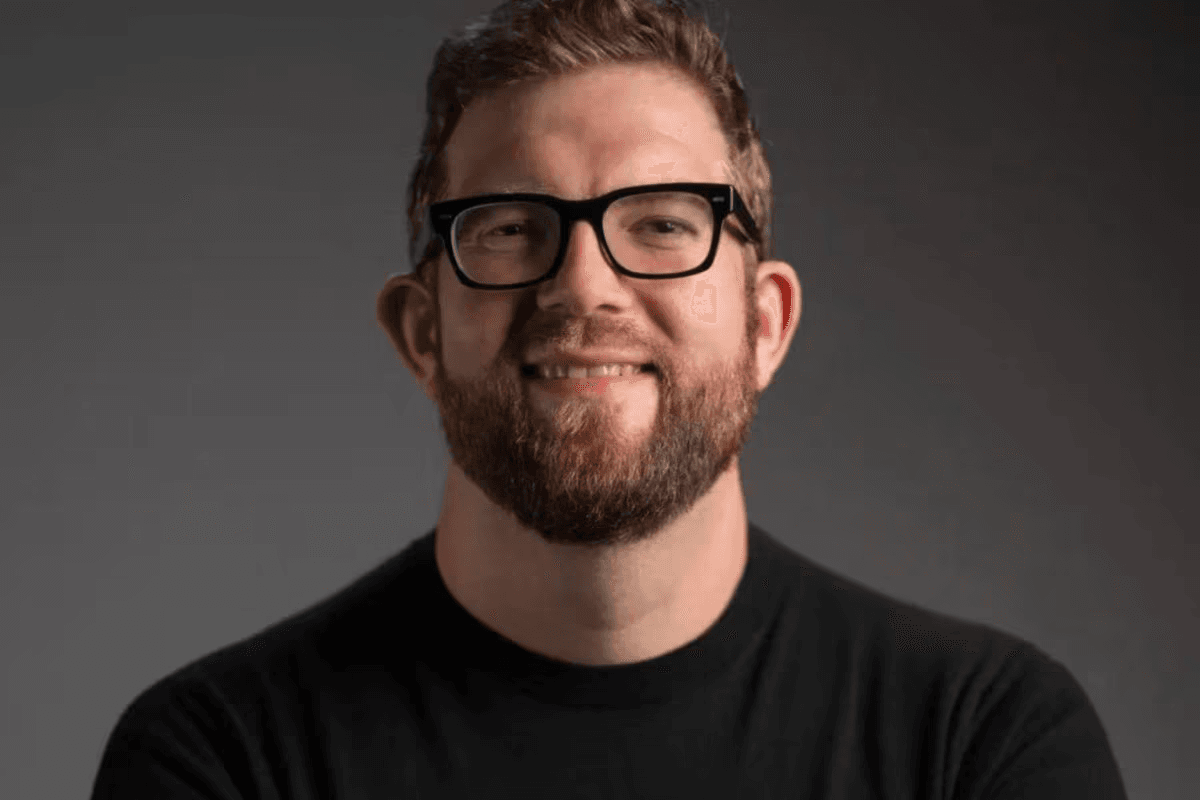
Christian Lanng has been around the block. After co-founding Tradeshift, one of Europe’s most successful B2B startups, he’s now back with a new mission: to fix the way teams work together. His new UK-based venture, Beyond Work, builds AI-native tools that eliminate pointless admin and help employees focus on real decisions.
In 2025, the platform is being adopted by finance and operations teams across fast-growing companies. But it’s not just about automation—it’s about rethinking work from the ground up.
Lanng doesn’t chase trends. He anticipates needs. His ability to see where enterprise software is heading—and build ahead of that curve—is what makes him one of the most respected founders in the space. Beyond Work might not be flashy, but it’s the kind of infrastructure companies end up relying on when the dust settles.




